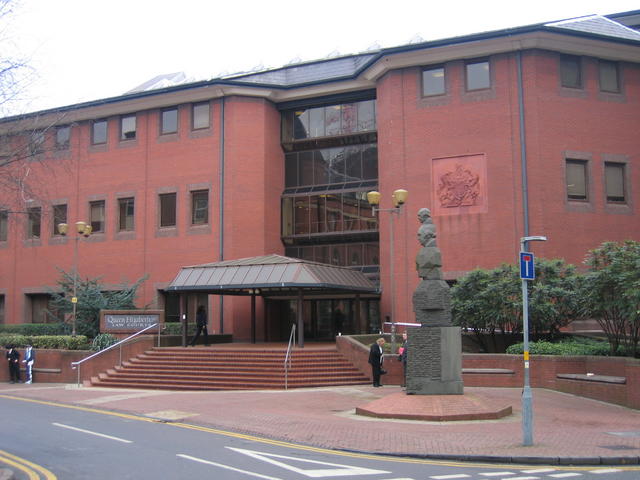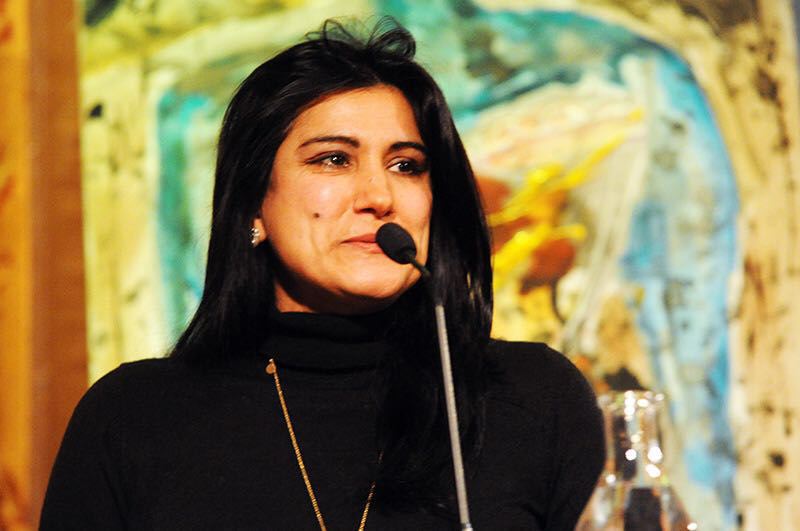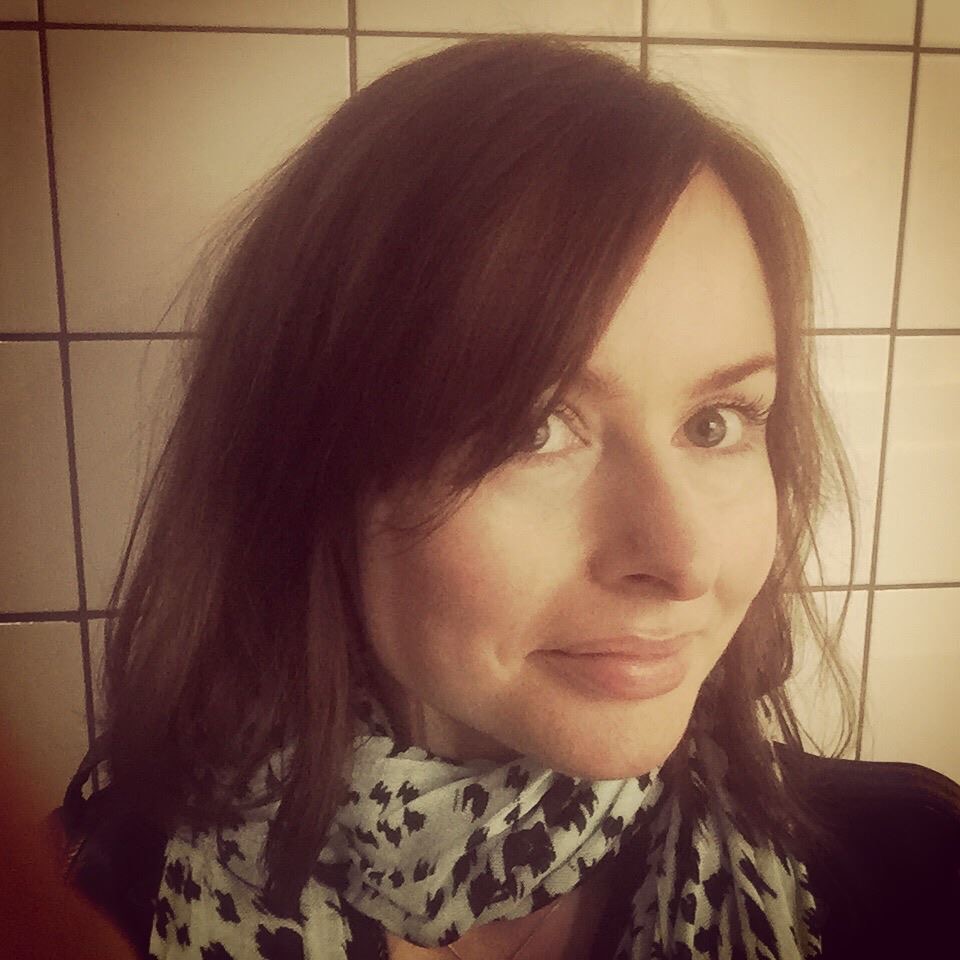A jury at Birmingham Crown Court has convicted a mother of forcing her teenage daughter to travel to Pakistan to marry a man twice her age, in the first prosecution of its kind in the UK.
The teenager, who was previously raped by the man when she was just 13 years old, reportedly cried while the marriage ceremony took place.
Her mother had convinced her to travel to Pakistan, under the guise of a family holiday, and bribed her with the promise of a mobile phone.
Once they arrived in Pakistan, the mother revealed her plan to have her married to one of her older male relatives.
When the now 19-year-old daughter protested, her mother assaulted her and threatened to burn her passport if she did not co-operate.
This Must Be Against Our Human Rights?
 The court in Birmingham where the sentence was passed down. Image Credit: David Stowell / Geograph
The court in Birmingham where the sentence was passed down. Image Credit: David Stowell / Geograph
Completely. For a start, several human rights treaties support the right of individuals to freely choose a partner in marriage. Article 16 (2) of the Universal Declaration of Human Rights, for example, states that “marriage shall be entered into only with the free and full consent of the intending spouses.”
A woman [has] a right to choose when, if, and whom she will marry. [This] must be protected and enforced by law.
Convention on the Elimination of Discrimination Against Women
Similarly, the Convention on the Elimination of Discrimination Against Women (CEDAW) compels states to ensure that men and women have the same right to freely choose a spouse under Article 16 (1) (b). The CEDAW Committee, in its General Recommendation 21 (1994) on equality in marriage and family relations, confirmed that “a woman’s right to choose when, if and whom she will marry must be protected and enforced by law.”
Article 12 of the Human Rights Convention also states that “men and women of marriageable age have the right to marry and to found a family, according to the national laws governing the exercise of that right.”
The treaty does not clarify the need for the consent of the intending spouses, but UK judges have interpreted Article 12 to mean that there is a right ‘not to marry’, and thereby forcing someone to marry violates their human rights.
What is the UK Doing to Protect People from Forced Marriage?
Forced Marriage campaigner Jasvinder Sanghera. Image Credit: NUS
Forced marriage became a criminal offence in the UK under the Anti-Social Behaviour, Crime and Policing Act (2014). The offence includes extra-territorial liability, meaning that it is an offence to coerce or manipulate someone into travelling overseas and then force them to marry against their will. The offence is punishable by up to seven years in prison. It is also an offence to marry someone who lacks the mental capacity to consent (whether they’re pressured to or not).
The Forced Marriage Unit, a joint Foreign and Commonwealth Office and Home Office initiative, provides advice and support to individuals at risk of forced marriage. The unit also provides outreach work and training for professionals who work with people at risk of forced marriage.
Freedom isn’t just about physical freedom, it’s about being free in the mind as well.
Jasvinder Sanghera, Forced Marriage Campaigner
If you are being threatened with a forced marriage, or are already in one, you can apply for a Forced Marriage Protection Order. You can also apply for such an order on behalf of a friend, relative or colleague who is at risk of being forced to marry against their will. The complaint will be heard by a judge, and she or he will decide what action needs to be taken to protect the victim. Breaching a Forced Marriage Protection Order is punishable by up to 5 years in prison.
Since 2012, the Forced Marriage Unit has provided support for between 1,200 and 1,400 individuals at risk of forced marriage each year. Last year, the unit received approximately 300 calls per month.
Jasvinder Sanghera, a campaigner with direct experience of forced marriage, previously told RightsInfo freedom was at the heart of the issue. “Freedom isn’t something that was given to me. It was something I had to fight for. I don’t take it for granted,” she explained.
“If someone removes your freedom, you’re going to be held a prisoner. Freedom for me isn’t just about physical freedom, it’s about being free in the mind as well. Because if you’re a prisoner to your thoughts then that is going to impact on your freedom and how you think of yourself.”
If you are at risk of being forced to marry against your will, call the Forced Marriage Unit public helpline on 020 7008 0151 for confidential advice and support, or call the police on 999 if you are in immediate danger.








